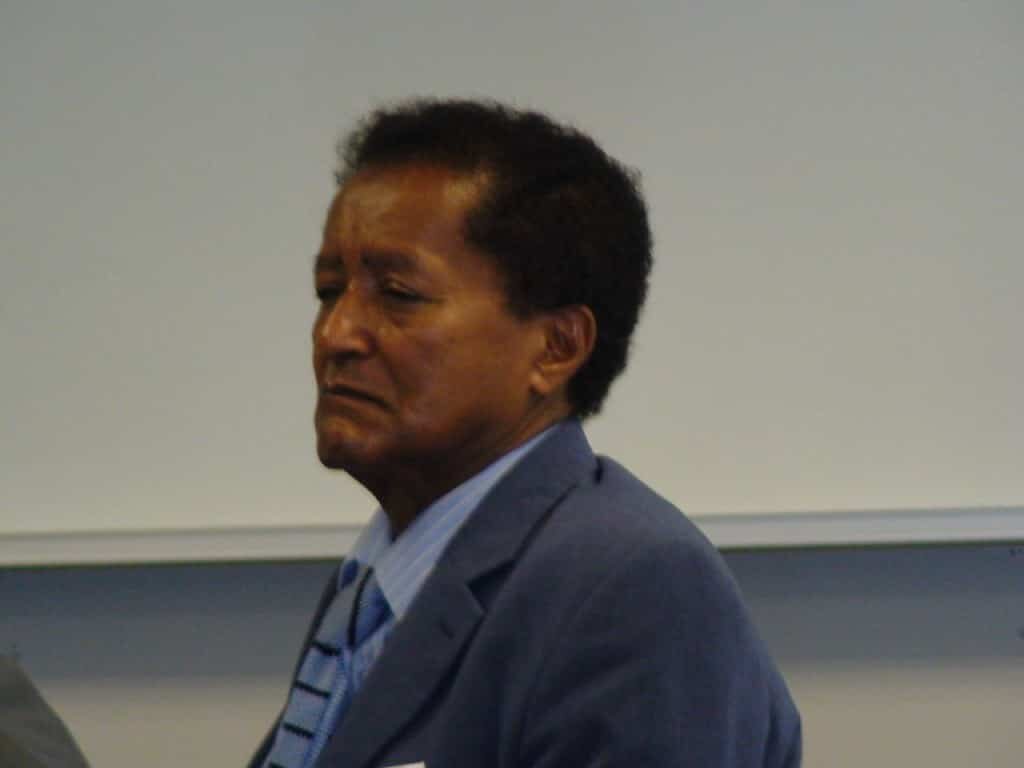
Paulos Milkias*
Professor of Political Science
Concordia University,
Montreal, Canada
Introduction
In order to understand the trajectory of transition from authoritarianism to democracy, we need to look at the roots of the two contradictory world views. The most noted right wing philosopher of authoritarianism is the English thinker, Thomas Hobbes (1588-1679) who unflinchingly promoted tyranny by contending in his seminal work, Leviathan that humans are by their very nature selfish and cannot live together in peace and harmony and that they need an authoritarian government for their own good. Hobbes castigated man without authoritarian government as a creature that is condemned to live a short ‘solitary, poor, nasty and brutish, life.’2 The solution for him is constructing a form of government powerful enough to hold a person’s brutal yearnings in check. This, he argued calls for an absolute control where a ruler wields unlimited power over his subjects. Hobbes leaves no space for people to exercise special rights and freedoms because he was afraid it would lead to revolt which would be disastrous for everybody. He envisages the exchange of natural freedom for absolute rule as a social compact, requiring an abandonment of all claims on individual rights that humans possess by nature *Paulos Milkias, Ph.D. McGill (Dean’s Honor List) is currently professor of Political Science at Concordia University, Montreal, Canada. His most recent book on Ethiopia has been adopted into the Special Collection of Culture by the Smithsonian Institution: https://siris-libraries.si.edu/ipac20/ipac.jsp?&profile=liball&source=~!silibraries&uri=full=3100001~!1033564~!0#focus and voluntary capitulation to any decree enacted by the sovereign.3 It should not be surprising that Emperor Haile Selassie embraced this philosophy wholeheartedly though in later years he was forced by circumstances to cede some power but not enough which triggered a revolution of rising expectations and the fall of his modernizing autocracy in 1974.4 Right-wing authoritarianism is an ideological stand identified by three correlated attitudinal and behavioral attributes.
1.High degree of submissiveness to the authorities by citizens.
2.Boundless aggressiveness directed by rulers against dissidents.
3.Demands for a high degree of adherence to the traditions and social
mores that are perceived to be endorsed by established authorities. One can enumerate four axioms of the authoritarian regime. They are: Upholding: state power as the fundamental force that brings about social integration and appropriate application of authority. For this philosophy, the State is an institution that stands above all other forms of social organization. As such it is expected to exert control and expect obedience to it. Failing that violence may be used if need be. The general society is controlled by a minority group or philosopher kings that as long ago as the 3rd century BC Plato suggested. It also boldly proclaims that the rule of the majority is not real, that it is, in reality, an illusion. The philosophy claims further that Minority Rule is the Best and that the select minority are endowed with Wisdom: That wisdom is what Plato assigned to a small group of selected intellectual elites who through the investigation of nature and society have discovered the right laws governing historical processes. These processes are expected to be endowed with competence, experience in government and talent for leadership. Left Wing Authoritarianism: crafted by Russia’s Vladimir Lenin, and China’s Mao Zedong are on the opposite pole. For Marxist-Leninists and adherents of Mao Zedong Thought, violence with which order is secured is ubiquitous. Politics without violence is so vacuous in their view that Mao boldly stated that power flows from the politically superior to the politically inferior; and that “political power comes out of the barrel of a gun.”5
The two contrasting philosophies of the right and the left evoke continuous debate. What is more important, however, is their implementation in actual political life. It was Karl Marx himself who made an epigamic statement in his thesis on Feuerbach: “Philosophers have …interpreted the world in various ways; the point is to change it.”6 But we should not forget that philosophers always have their practitioners waiting in the wings! In this paper, I am more interested in practical implementation than in theoretical debate. Theoretical exposition serves only an analytical purpose: it creates a framework for a historic-sociological analysis of the transformation of a real authoritarian system into a democratic one. Authoritarian regimes have dramatically increased in the world in recent decades. Considered in terms of timeline, following the fall of Fascism and Nazism at the close of the 2nd World War, and later the implosion of Stalinism, authoritarianism did not dissipate. It only appeared in a new form in countries that gained independence from colonialism in the Global South. Meles Zenawi’s TPLF is one of them.
Hobbes nemesis is Jean Jacques Rousseau who, in the opening line of his famous book, The Social Contract, stresses “Man is born free, but is everywhere in chains.”7 In this, Rousseau contradicts the already established Christian doctrine of man as a villain because Christian theology asserts that humans are innately evil on account of inheriting Adam’s original sin. Rousseau clearly rejected Hobbes assertion that humankind at its core is ‘bad’ and instead suggested that humans are born ‘good’ though they are corrupted by society. In his book, Emile, he stated: “Everything is good as it leaves the hands of the author of nature, but everything degenerates in the hands of man.8 He argued, that when they are born, humans are not only free; they are endowed with ‘innate goodness,’ and compassion. Contrary to Hobbe’s suggestion that the sovereign is divinely ordained and omnipotent, Rousseau claimed that “one who thinks himself the master of others, remains a greater slave than they.” 9 10Rousseau was egalitarian par excellence. He believed that because all humans are supposed to be free and equal by reason of their nature, they should remain free and equal under the state. As opposed to giving precedence to the sovereign and his hangers-on, the aristocratic classes, Rousseau argued in his book, Discourse on the Origin of Inequality (1755): “it is plainly contrary to the law of nature that the privileged few should gorge themselves with superfluities, while the starving multitude are in want of the bare necessities of life”11. For Rousseau, each individual possesses the right to political participation in perfect equality with others such that the state that is established with his participation should enable him to partake in the common good. For him, the right to freedom is the sine qua non of the existing state. It should not be surprising that these bold ideas gave impetus to both the French and the American revolutions. As he might have hoped, both ultimately evolved into a contemporary liberal democracy.
In opposition to the authoritarian axioms, described earlier, the democratic axioms state that the state is socially created, that it represents the will of the society as a result of which the citizen’s main attribute becomes the right to define social mores and to establish the type of governance it believes is just. For the democrat, the state should be created by a constitution. In such an arrangement the competence of state and its powers have to be clearly defined. The competence of the organs also needs delimitation. It should be made clear which aspects of social life are to be controlled by the state and what aspects remain residual and reside with the individual. In peoples’ democracy, the state is linked to the society by intermediary bodies, such as civil societies, political parties, and associations, organized by various groups of citizens wishing to protect their cherished interests and to promote their ideals. Individual citizens must be equipped with inalienable rights belonging to them as persons, both as “human beings” and as “members of society.” The most important among these are freedom of thought and freedom of speech. Citizens should also be allowed to form associations, hence the right to an unencumbered civil society.
The democratic ethos asserts that the self-sustaining propensity of society takes precedence over the organizing activity of the state, such that society is the ultimate source of power. The authoritarian philosophy gives precedence to the supremacy of the state over society and conceives of the existence of a state as an essential variable of any organized social activity. It assumes that state power comes into existence either in the structure of power itself or in a strong commitment to power that can be amassed and when needed used by those in ruling position. It construes state power as a variable that is never a product of social contract but rather one that is imposed.
Transition from Authoritarianism to Democracy
An organic relationship between state and society is identified theoretically and philosophically in two ways: one is authoritarian, and the other is democratic.12 These opposing philosophies advanced by medieval scholars provide answers that are poles apart regarding two questions: The first question is which of the dual entities that are globally ubiquitous: society or the state, that should have an upper hand in power relations; and two what is the source of state power?13In a democratic construct, the self-organizing predisposition of society takes precedence over the power driven organizing pursuit of the state, such that society is the ultimate source of power. The authoritarian hypothesis insists on the supremacy of the state over society which it portrays as a requisite of structured social norms. For the latter philosophy, power is self-sustaining and flows from the configuration of power itself or emanates from the strong will to power which mounts up and manifests itself through the efforts of gifted personalities or well organized social classes and elites. For advocates of authoritarianism, state power is not an outcome of social contract. Rather it is an exclusive special variable that is enforced from above.
Jacques Rousseau greatly contributed to the ideas now enshrined in liberal democracy as long ago as the 1760s. For Rousseau, the general will, which is collectively held by citizens aiming at bringing about what he calls “the common good,” should dictate what is to be done by the state. In his Social Contract (1762), he argued that freedom and authority are not contradictory, as long as laws are promulgated by the will of the citizens who will be obliged to obey it. For Rousseau, as a member of the political community, the individual citizen is only obeying himself.14Democraticphilosophy was also persuasively advanced in the works of a Britain’s academe John Stuart Mill. In his treatise On Liberty (1859) Mill contended on utilitarian grounds that a person’s liberty cannot be legitimately denied by any authority including a government, an organized society, or a group of individuals barring a situation in which the person’s action causes damage to others.15 Mill went on and proposed basic freedoms detrimental to democracy, chief among which are freedom of association freedom of thought and unencumbered exchange of ideas. Mill also vigorously argued against legal restrictions on the expression of individual opinion and the freedom of thought. —- READ MORE—-



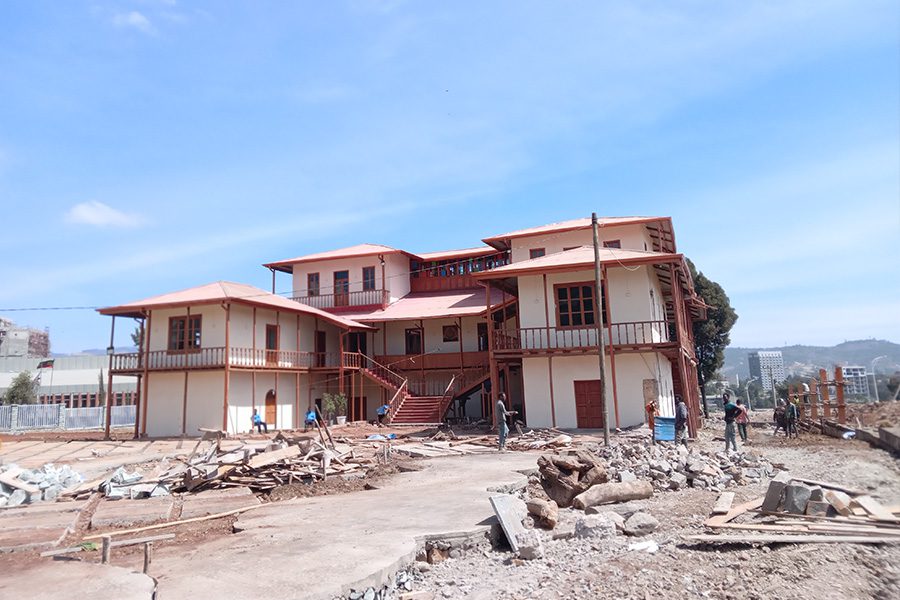
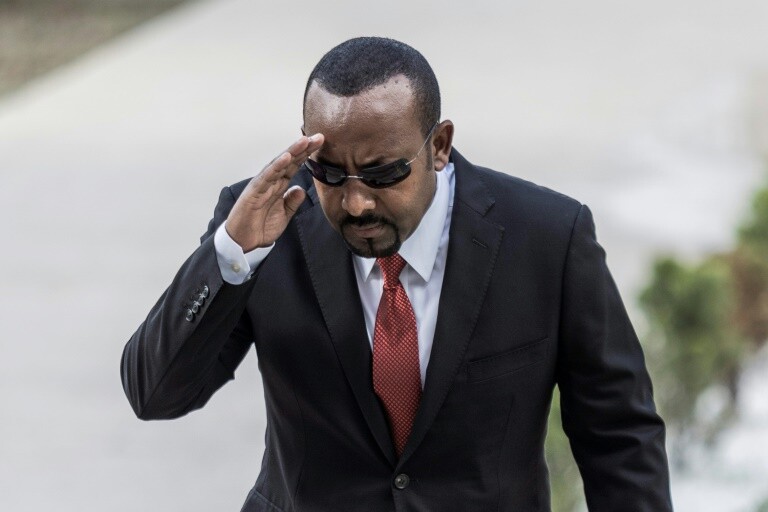
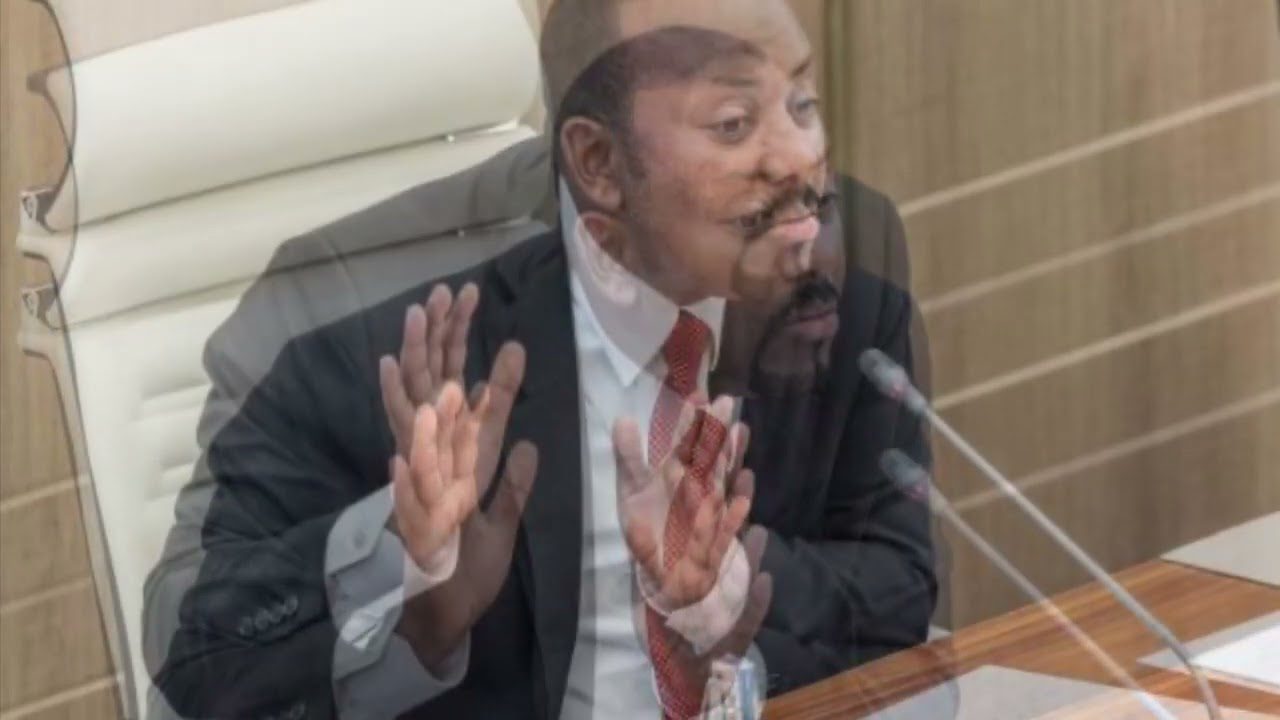

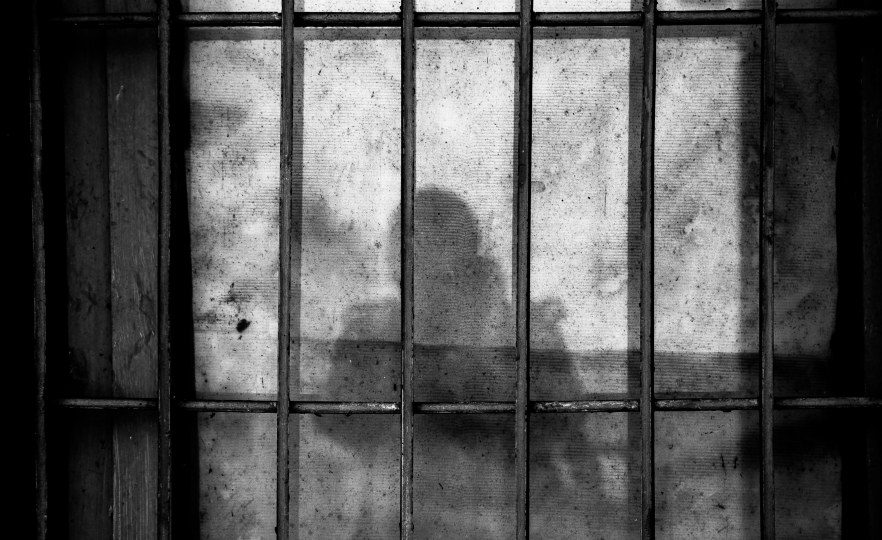


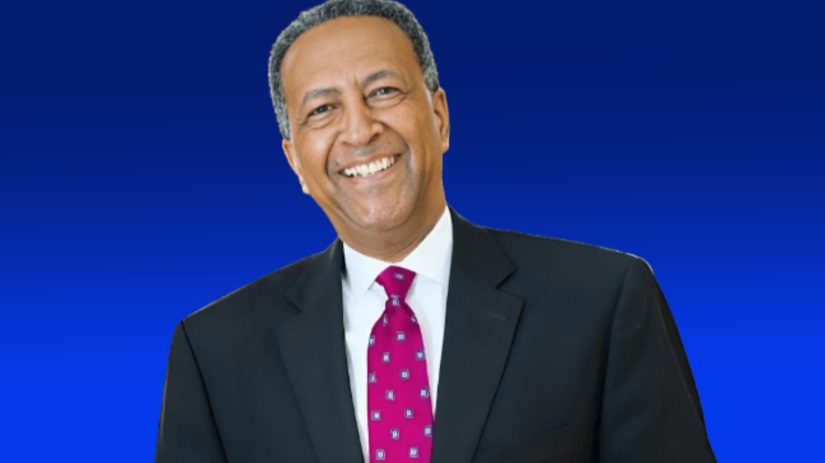

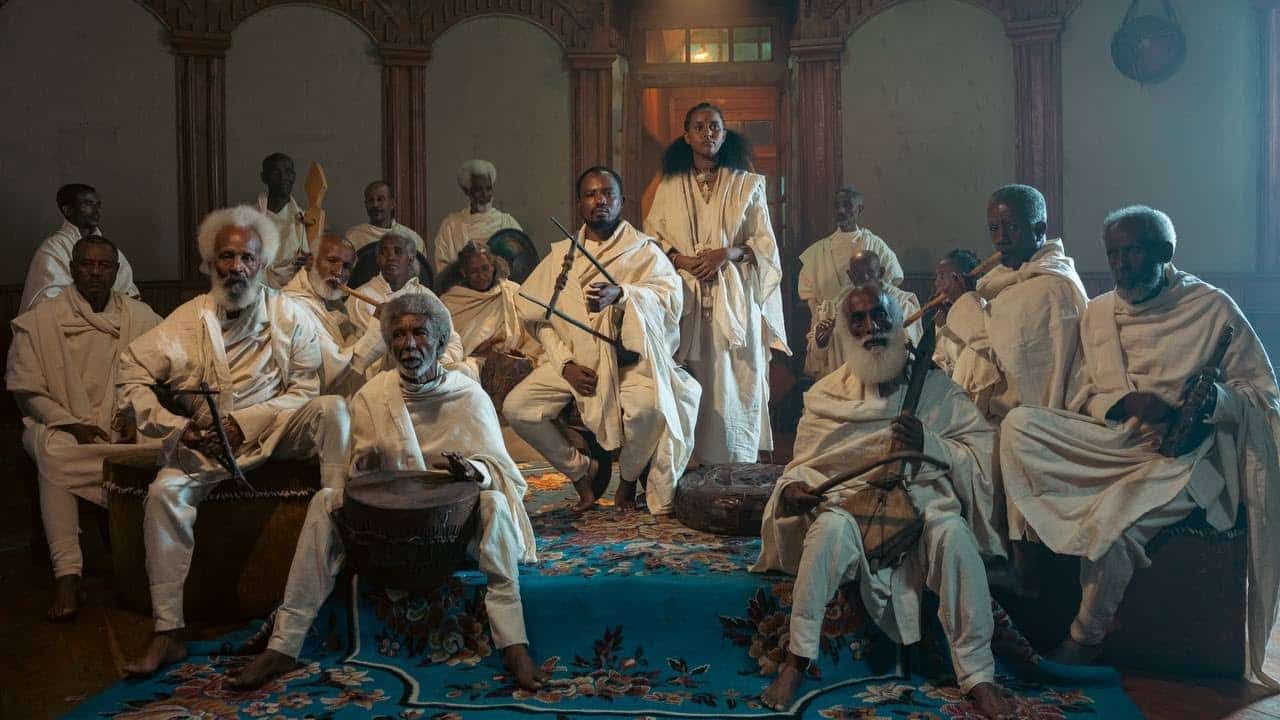



Subject: Political conjectures about Transition from Authoritarianism to Democracy and Tasks for Constructing
Integrative Federalism in Contemporary Ethiopia Paulos Milkias* Professor of Political Science Concordia
University, Montreal, Canada
Humble Commentary, 10 Aug 2022
I would not— in my Life time — dare going into dissertation of the above Article. I can’t help remembering my life in Humanity Class [something like that] and I would not dare going back to that era — and make myself miserable in the 20th Century. No way!!!
So, I confess, I skipped reading the Article.!!!!!!! But I want to say a word or two about ETHIOPIA. It is my opinion —feeling from the bottom of my heart — that ETHIOPIA , the HISTORY STUDDED COUNTRY IN THE WORLD, MUST BE PROTECTED and SAVED — by ETHIOPIANS AND NO ONE ELSE — and save its admirable historic stature as a Black African Country and respectable Member of the International Community.
The above paragraph is a fact that cannot be erased by any colonial forces. It goes without saying that it is the RESPONSIBILITY OF ALL ETHIOPIANS to retain the stature of Ethiopia. And, more than any thing else, it is worth realizing that ETHIOPIANS ARE BEING TESTED of their VALURE, AS A BLACK AFRICAN NATION — WITH RICH HISTORY. It is not a secrete that Black AFRICA has always been sneered at, and will always be victim, of colonial powers and their enablers around the Globe.
In the above atmosphere, one may question whether ‘MODERN’ Ethiopians are ready for the challenge??? It is not worth responding to that racist question. In any case, yes, It is their responsibility, >> their game >> their ‘:ball’ >> their ‘field’ >> their stamina, pride and above all their proud memory of past glorious history of Ethiopian Gallantry, as known world wide. There You Are: YES, YES, BLACK AFRICANS have proud history against what ‘colonizers’ trying to build negative image of Black Africans.
That tend is still alive — in various forms — in the current century!!!! And we haven’t seen any movement or murmur from our Dear Black African Leaders. They are too busy enriching themselves against the interest of their Brethren Africans. No wonder colonialism is still flourishing. SAD, SAD, SAD.
.
It seems our Black Africa will always be tuned to be exploited by colonial powers of every colour and race. Shocking as it is, the exploitatsion of Africa will continue via refined tactic of the 20th Century. BLACK AFRICA has always been — will always be — and remain victim of Colonial Powers — one way or the other way round. And the saddest tragedy of them all is that we are docile enough to accept the reality without even murmur. Look around at…………….. I wouldn’t dare spelling it out………………. STOP
————————————————————————
Foot Note
Please look at the history of the so-called Modern Education, applied in Ethiopia — and, in general, applied in our Dear Black Africa.